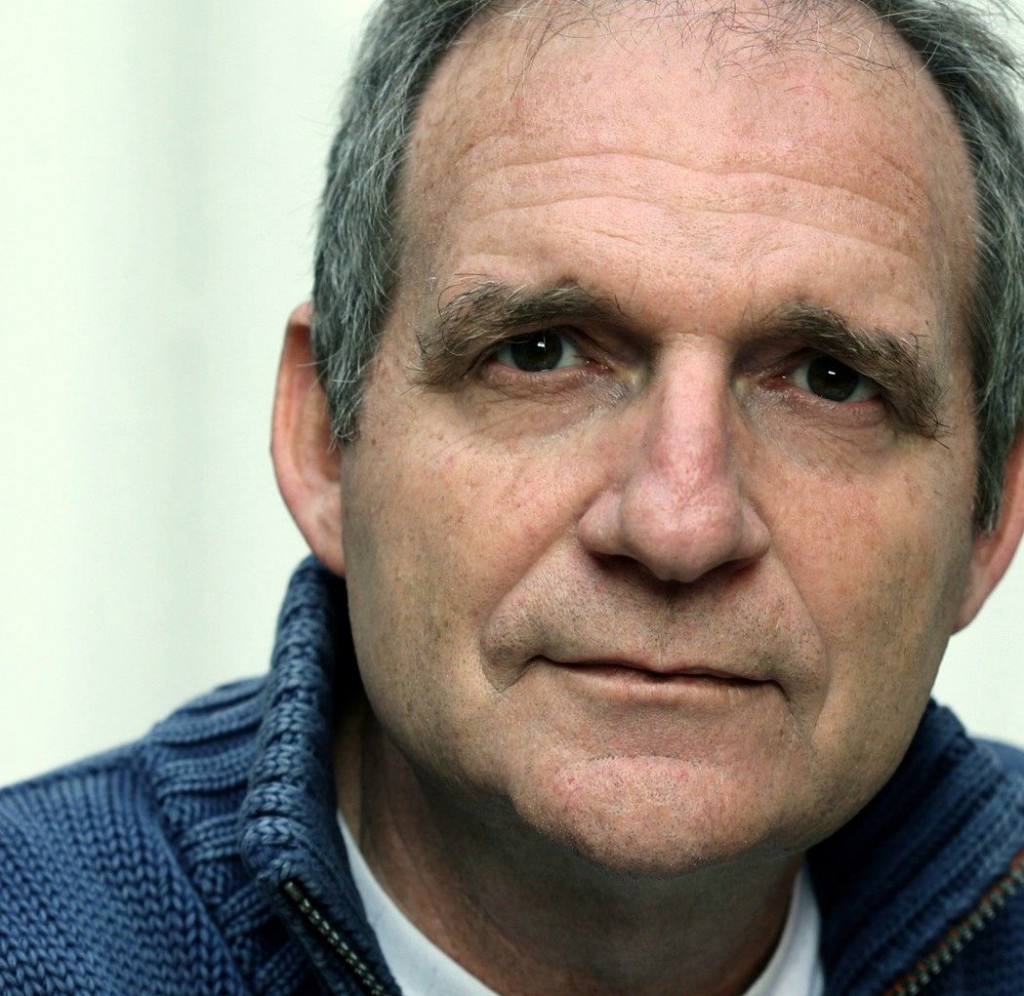Carles Bosch will receive this award within the framework of the Inauguration of the Valencia International Film and Human Rights Festival that will take place this Friday, October 24 at 8:00 p.m. at the Filmoteca.
The Pau i Justicia Award arises with the purpose of recognizing the career of a filmmaker, producer or film director in the field of Human Rights by the Foundation for Justice. This is an award that supports the work in favor of Human Rights and Justice as a value and recognizes the work, now harder than ever, of those who commit themselves to them through audiovisuals. The candidates are characterized by the dedication of their professional lives to publicizing the millennium goals and giving voice and light to groups whose rights are systematically violated. A cinema committed to international cooperation, health, education, the judicial system, the penitentiary system or the defense of rights. In this edition the award went to the director Carles Bosch for his professional career in defense of human rights.
Born in the city of Barcelona, Carles Bosch studied Law at the University of Barcelona and later graduated in Journalism at the Official School of Journalists of Barcelona (1975).

He received the award for best documentary film at the XXV edition of the Goya Awards for “Bicycle, Spoon, Apple”, a documentary that reflects the life process and the confrontation with Alzheimer's of the former mayor of the city of Barcelona (1982-1995). and former president of the Generalitat of Catalonia (2003-2006), Pasqual Maragall and his family.
Previously, in 2002, he had filmed his first documentary film “Balseros”, based on the filming made for the TV3 program “30 minuts” between 1994 and 1996 with Josep Maria Domènech. The film follows the odyssey of 7 Cubans and their respective families in preparation for their departure from Cuba to reach the coast of the United States, with the peculiarity that, 7 years later, it locates some of the main characters who They were rescued on the high seas and taken to the North American base at Guantánamo, from where they take stock of that decision.
With this work, Carles Bosch won some of the most notable international awards such as the Peabody Award (2004), the Emmy Award for best photography in the News and Documentary category awarded in New York, the Jury Prize at the 8th Rencontres Internationales from Cinéma à Paris, as well as at the Ajijic International Film Festival, at the Mexico International Film Festival of Santo Domingo, the Jury Prize at the 24th International Festival of New Latin American Cinema held in Havana, the same recognition at the Miami International Film Festival, the Jose María Forqué Award and the Best Documentary Award awarded in 2003 by La Cartelera Turia.
But, without a doubt, the most popular recognition was the Oscar nomination for Best Documentary Film in 2003. That same year, the Generalitat of Catalonia awarded him the National Cinematography Award for having achieved “a vital, honest and complicit approach to the personal and family drama of Cuban emigration to the United States.”
His second documentary was “Septiembres” filmed during 2006 in the Madrid prison of Soto del Real. In this work, he portrays the romantic relationships between various prisoners. With this documentary he received awards at the Malaga, Miami and IDFA festivals.
From the beginning, Bosch put its professional efforts and personal struggle at the service of denouncing the injustices and barbarities that were committed and continue to be committed anywhere in the world. He began his career as a reporter in the magazine “Interviú” (1976 – 1978). In 1984 he began his activity at Televisió de Catalunya, specifically at TV3, he was one of the main reporters for the prestigious program "30 minuts". His activity as a war reporter during that stage earned him the Ondas International Prize for the report "Czechoslovakia: the heart of the revolt" (1990).
He witnessed the Yugoslav War, making various reports. Subsequently, he stayed working on solidarity and cooperation tasks in Sarajevo, until a year after the war ended in 1996, heading the Humanitarian Aid Office that the Barcelona City Council opened in that city. Carles Bosch has directed reports and documentaries on the most important international events such as the First Gulf War, the Bosnian and Kosovo wars, as well as the Zapatista Revolution. As a reporter, he has covered stories for TV3's “Telenotícies” in Afghanistan, Iran, Chad, the Philippines, Mozambique, Cuba, Mexico, Uruguay, the USA, Haiti, Nicaragua, Israel and in various European countries.
